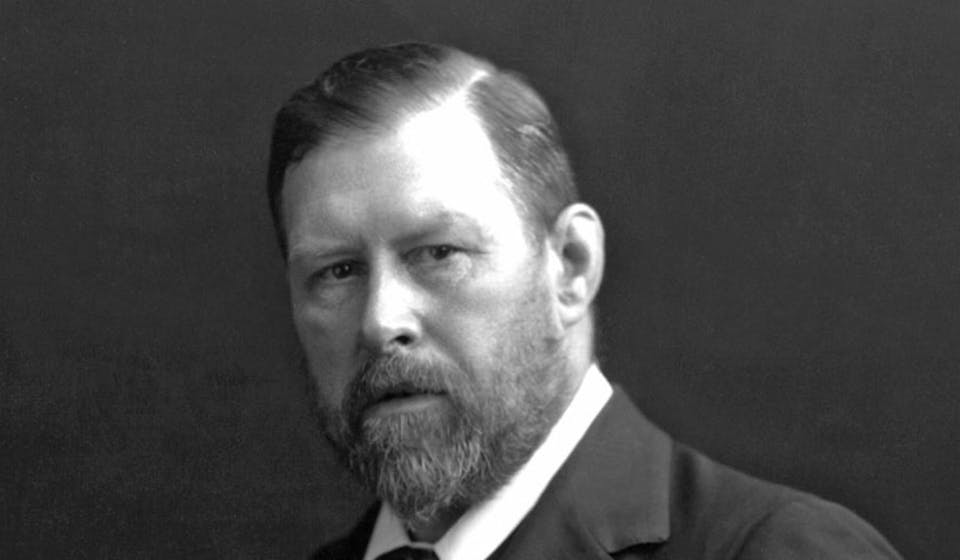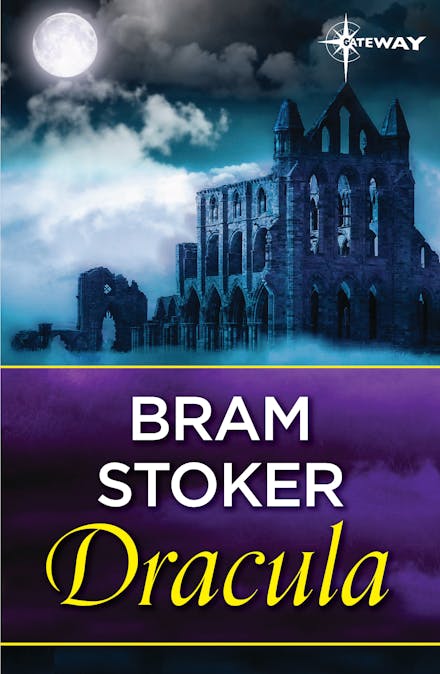Imprint
- Gateway
Comic book & cartoon art, Biography: literary, Literature, Fiction, Modern & contemporary fiction (post c 1945), Horror & ghost stories, Classic horror & ghost stories, Science fiction
An SF Gateway eBook: bringing the classics to the future.
'The mouth was redder than ever, for on the lips were gouts of fresh blood, which trickled from the corners of the mouth and ran over the chin and neck - It seemed as if the whole awful creature were simply gorged with blood; he lay like a filthy leech, exhausted with his repletion.'
When Jonathan Harker visits Transylvania to help Count Dracula purchase a London house he is disturbed by the horrifying discoveries he makes in his client's castle. But worse, Harker's actions introduce Dracula to London. Soon afterwards, the Count embarks on a reign of seduction and terror. And all, it seems, who encounter the charismatic Eastern European aristocrat - a succession of madmen, physicians and beautiful women - are never seen in daylight again...
Bram Stoker's DRACULA has inspired countless movies, books, and plays since it's first publication in 1897. Few, if any, have been fully faithful to Stoker's original, best-selling novel of mystery and horror, love and death, sin and redemption. But in DRACULA, Stoker created a new word for terror, a new myth to feed our nightmares, and a character who will outlive us all.

Bram Stoker
Bram Stoker (1847-1912)
Abraham 'Bram' Stoker was born in Dublin, Ireland. He spent most of his early years bed-ridden with an unknown illness, but later made a full recovery. After being educated in a private school Stoker attended Trinity College, Dublin from 1864 to 1870 and graduated with honours as a B.A. in Mathematics. His interest in theatre led him to become a theatre critic for the Dublin Evening Mail. Although Stoker is best known today as the author of the 1897 Gothic novel, Dracula, during his lifetime he was better known as the personal assistant of actor Henry Irving and business manager of the Lyceum Theatre in London, which Irving owned. After suffering from a number of strokes, Stoker died in April 1912. The Bram Stoker Award is named in his honour and is given in recognition of "superior achievement" in horror writing.
For more information see http://sf-encyclopedia.com/entry/stoker_bram






















.png?auto=compress&w=150&h=60&fit=crop&fm=jpg)


.png?auto=compress&w=150&h=60&fit=crop&fm=jpg)

